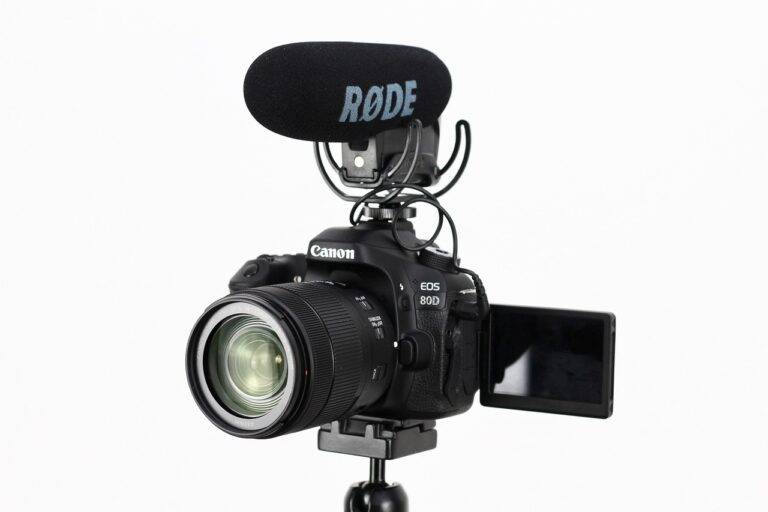The Future of Quantum Cryptography in Military Communications
Quantum cryptography leverages the principles of quantum mechanics to provide unprecedented security in data transmission. Traditional encryption methods rely on complex mathematical algorithms, whereas quantum cryptography utilizes quantum physics properties such as superposition and entanglement to ensure the confidentiality and integrity of communication channels. By encoding information into quantum states, this cutting-edge technology offers a level of security that is theoretically unbreakable, even with the most advanced computing systems.
One of the key aspects of quantum cryptography is its ability to detect any eavesdropping attempts on a communication channel. Due to the principles of quantum mechanics, any interference with the quantum states being transmitted would result in detectable changes, alerting the parties involved to a potential security breach. This feature provides a significant advantage over classical encryption methods, where interceptions can go undetected, compromising the security of sensitive data. Quantum cryptography represents a paradigm shift in securing communication networks, offering a level of protection that is essential in today’s digital landscape.
Advantages of Quantum Key Distribution
Quantum Key Distribution (QKD) offers unparalleled security in transmitting sensitive military communications by utilizing the principles of quantum mechanics to create virtually unbreakable encryption. With traditional encryption methods susceptible to hacking and decryption techniques, QKD provides a cutting-edge solution that ensures the confidentiality and integrity of data exchanged between military entities. This advanced technology enables secure key distribution through the transmission of quantum states, making it extremely difficult for any malicious third party to intercept or decipher the keys.
Moreover, Quantum Key Distribution offers the advantage of detecting any unauthorized eavesdropping attempts, as quantum principles dictate that any observation of the transmitted keys would alter the quantum states, immediately alerting the communicating parties of potential security breaches. This unique feature of QKD provides a crucial layer of protection, allowing military communications to be safeguarded against sophisticated cyber threats and ensuring the highest level of security for sensitive information shared among military personnel and organizations.
Challenges in Implementing Quantum Cryptography in Military Communications
Quantum cryptography offers unprecedented levels of security by leveraging the principles of quantum mechanics to encrypt data. However, implementing this cutting-edge technology in military communications poses several significant challenges. One key hurdle is the high cost associated with developing and deploying quantum cryptographic systems that are robust enough to withstand the demands of military operations. Additionally, integrating quantum cryptography into existing military communication infrastructures without disrupting ongoing operations is a complex task that requires careful planning and coordination.
Moreover, the limited scalability of current quantum cryptographic systems presents a major obstacle in the context of military communications. As military operations often involve the transmission of large volumes of classified data across vast distances, the constraints of existing quantum communication networks may impede the seamless integration of quantum cryptography into military communication protocols. Finding effective solutions to address the scalability limitations of quantum cryptographic systems is essential to overcome this challenge and unlock the full potential of quantum technology in securing military communications.





